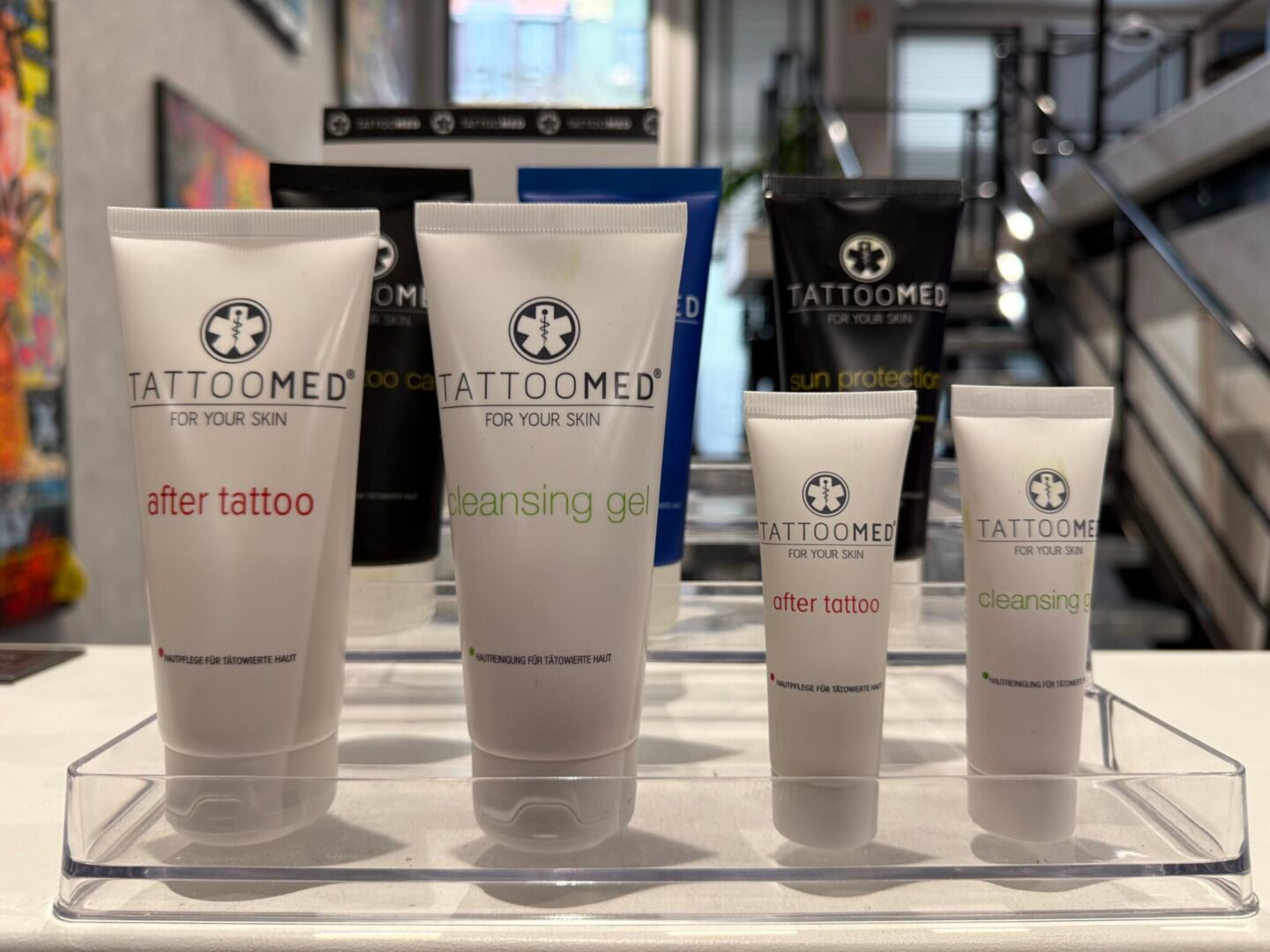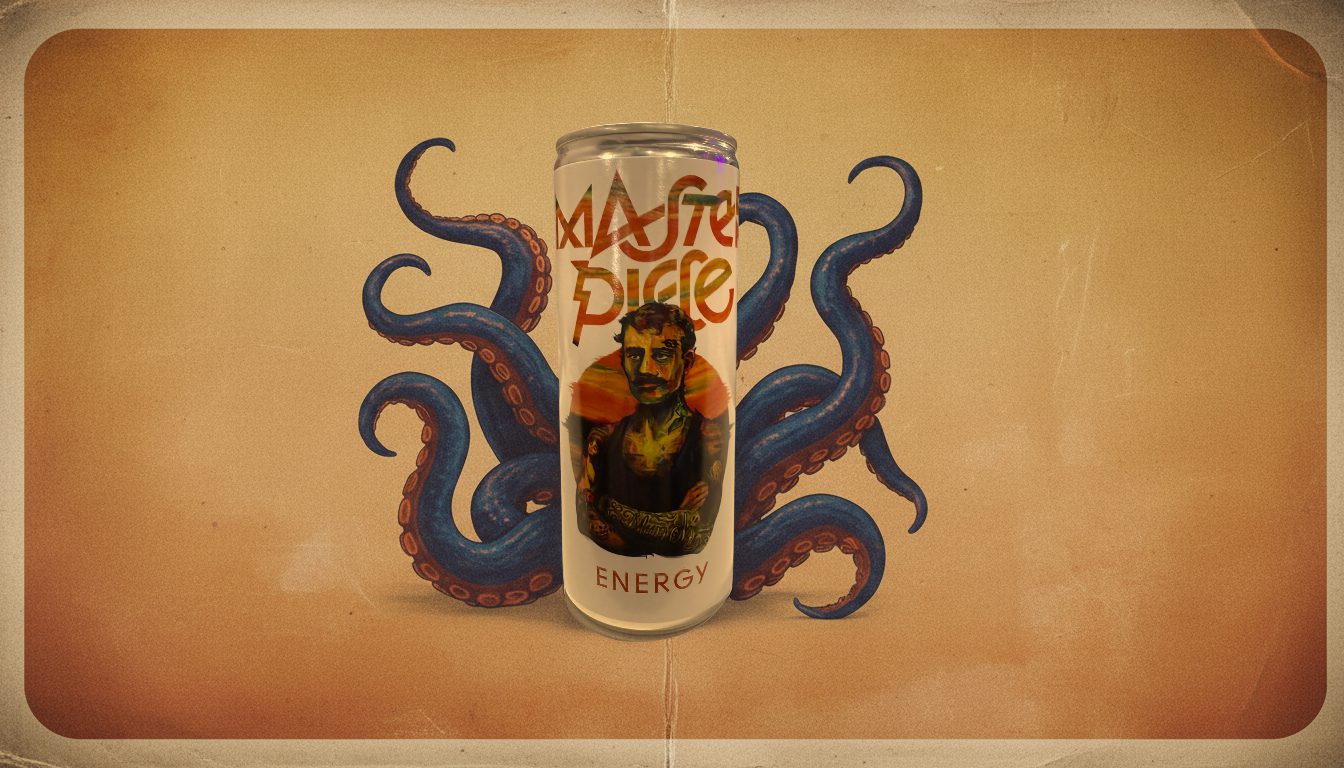Etterbehandling
Your Tattoo is Fading? 10 Tips to Keep the Colors Fresh

Yes! Your new tattoo is finally done – but now the real work begins. A tattoo is art on your skin, and proper aftercare is essential to keep the colors vibrant for years to come. Here are our 10 best tattoo care tips:
1. Proper first care
Keep the Second Skin protection film on for 3–5 days. Wash gently with mild soap and lukewarm water, and dry without scrubbing or rubbing. Air drying works best.
2. Balanced moisture
Use a gentle, fragrance-free moisturizer – but don’t overdo it. Too much cream can create soft scabs and slow down healing. We recommend TattooMed After Care Creme, available at our studio or at www.skinlabs.no

3. Avoid sunlight
UV rays break down ink and cause fading. Once healed, always use sunscreen with at least SPF 30.
4. Watch out for friction
Clothes, shoes and bags rubbing against your tattoo can affect healing. Wear loose-fitting clothes during the first days.
5. Stay hydrated
Hydrated skin keeps tattoos sharp and healthy over time – and it’s good for your overall health.
6. Hold off on workouts
Avoid sweating and intense training for the first 48 hours. Sweat can interfere with healing and affect the result.
7. Don’t scratch or pick
Let the skin heal naturally! Scratching or picking can cause scars, uneven color, and infections.
8. Choose quality from the start
A tattoo lasts for life – so choose a professional artist who uses high-quality ink. Cheap alternatives fade faster.

9. Long-term skincare
Regular use of moisturizer and gentle skincare keeps your tattoo fresh for years.
10. Think about placement
Areas with a lot of friction – like hands, feet and elbows – will fade faster than more protected areas.
💡 Summary: Follow these simple tips and your tattoo will stay vibrant and beautiful for years. Remember – aftercare is just as important as the tattoo itself.
